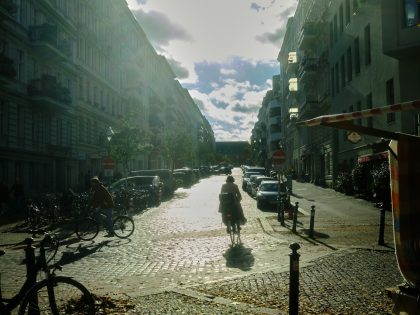
Djinns in Berlin
At the 13th Berlin Biennale, works from Zambia and beyond summon unseen forces to ask whether solidarity can withstand the gaze of surveillance.
6307 Articles by:
Marjorie Namara Rugunda is a writer, researcher, and PhD student at the University of British Columbia.

At the 13th Berlin Biennale, works from Zambia and beyond summon unseen forces to ask whether solidarity can withstand the gaze of surveillance.

Trump’s deportation regime revives a colonial blueprint first drafted by the American Colonization Society, when Black lives were exiled to Africa to safeguard a white republic.

In an era when AI delivers the answer before the question is even asked, the sanctity of wonder is slipping away, and soon the act of asking might vanish entirely.
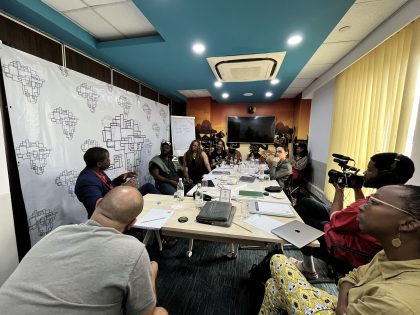
On our annual publishing break, Gaza’s genocide continues to unfold in real time yet slips from public grasp. This is not just a crisis of politics, but of how reality is mediated—and why we must build spaces where meaning can still take root.
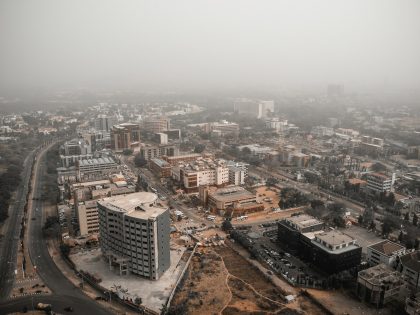
A new opposition coalition in Nigeria claims to speak for the people, but its architects are from the same old political class seeking another shot at power.

In her latest novel, Chimamanda Ngozi Adichie examines the contradictions of women’s desires, while leaving her own narrative blind spots exposed.
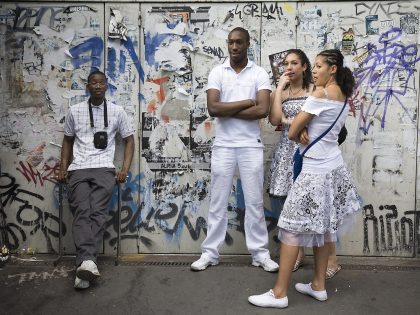
The French narrative of the Enlightenment still struggles to contend with the country’s racialized hierarchy in its cultural artifacts.
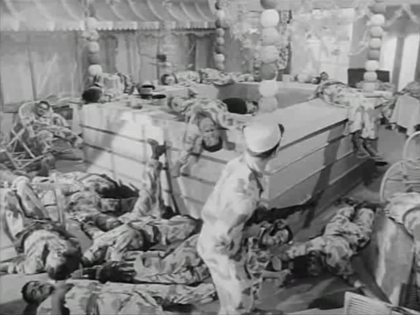
As Hollywood recycles pro-war propaganda for Gen Z, Youssef Chahine’s ‘Djamila, the Algerian’ reminds us that anti-colonial cinema once turned imperial film language against its makers—and still can.

The reopening of a border between Eritrea and Tigray masks a deeper realignment. As old foes unite against Ethiopia’s government, the risk of renewed war grows.
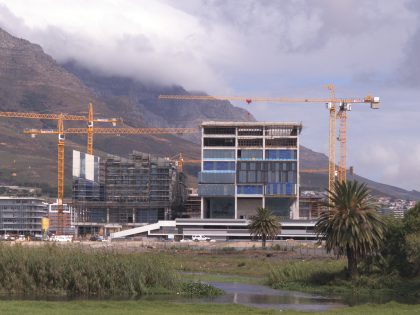
K. Sello Duiker’s ‘The Quiet Violence of Dreams’ still haunts Cape Town, a city whose beauty masks its brutal exclusions. Two decades later, in the shadow of Amazon’s new development, its truths are more urgent than ever.

Against a backdrop of global collapse, one exhibition used Chinua Achebe’s classic to hold space for voices from the Global South—and asked who gets to imagine the future.

As former Nigerian president Muhammadu Buhari’s death is mourned with official reverence, a generation remembers the eight years that drove them out.

Delayed, underfunded, and undermined, this year’s Women’s Africa Cup of Nations has exposed not just neglect but active sabotage from CAF and national federations.
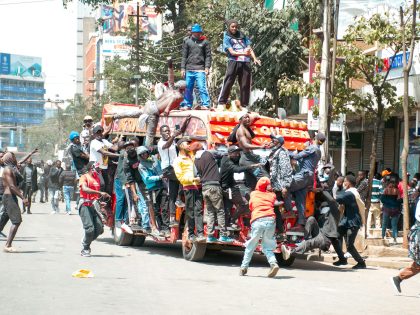
Kenya’s largest-ever protests have drawn striking comparisons to the Mau Mau uprising. But for today’s movement to endure, it must move beyond the streets and invest in political education.
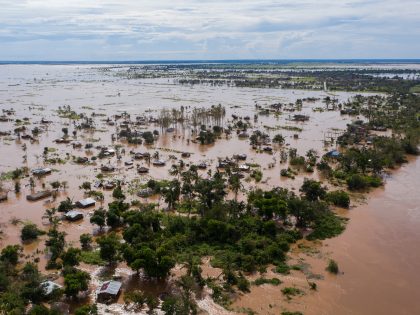
As Mozambique faces escalating climate disasters, it is shut out of the very funds meant to protect it.
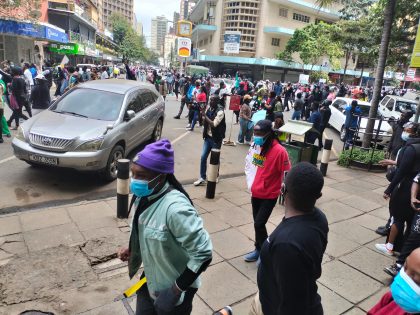
The 2025 Kenyan protests once again declared themselves “tribeless, leaderless, partyless.” But what does the idiom of unity hide?